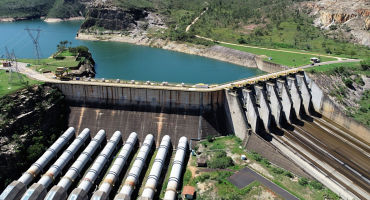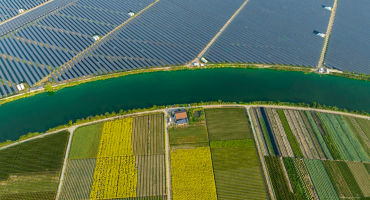Global shift toward green industrial policies
As awareness of the risks of climate change intersects with national security concerns in an uncertain geopolitical environment, governments are intensifying their push to fast-track domestic low-carbon energy transitions. Notable legislation such as the US Inflation Reduction Act, REPowerEU, and the EU Green Deal Industrial Plan are steppingstones in this transition. These initiatives seek to fuel private investment in climate technology and infrastructure projects, using public funds and financial incentives as catalysts. Their aim is to build robust, homegrown manufacturing and financing capabilities within their borders that connect environmental stewardship to economic and energy security.
By enhancing the economic appeal of private-sector projects, these new policies are attracting private capital via a variety of project-based debt-financing structures. As a result, opportunities abound for fixed income investment, for projects geared toward transforming existing infrastructure to support electrification, reduce carbon emissions, and enhance climate resilience. Encouraging more widespread private-sector lending in these areas could also result in new types of securitizations connected to sustainable projects.
With policy changes potentially expanding the issuance of debt to finance the energy transition, how might fixed income markets react to rising supply? We predict that two dynamics may counterbalance the resulting upward pressure on yields and spreads. First, although the supply of sustainable debt may be growing, so is demand for that debt. Second, governments' vested interest in the success of green projects suggests that, on balance, these projects should have lower credit risk than markets currently perceive. Over time, we expect that these qualities will be able to support tighter credit spreads.











